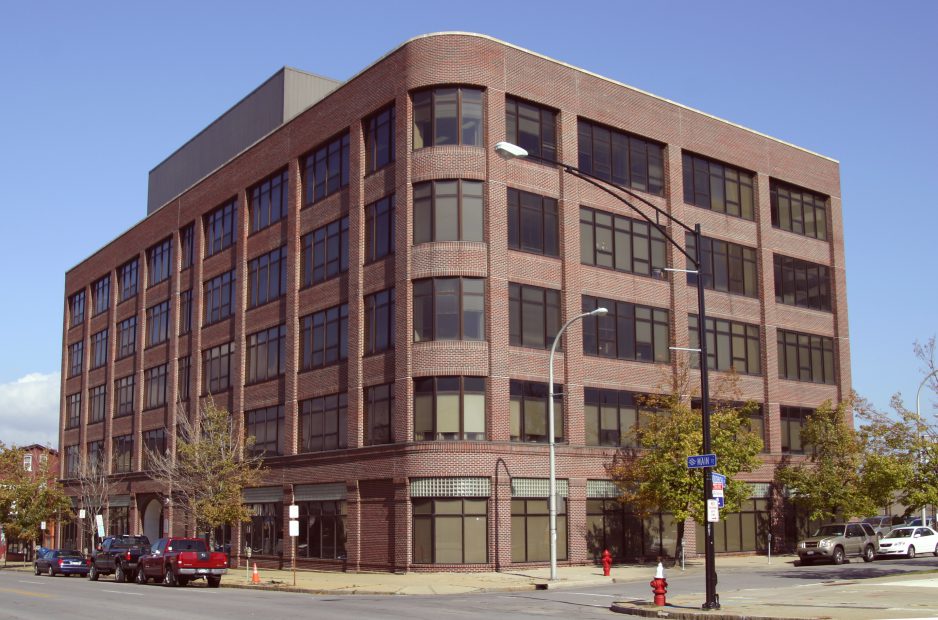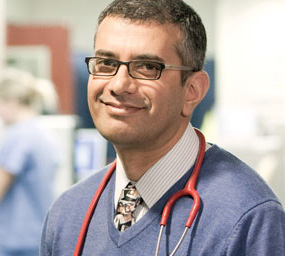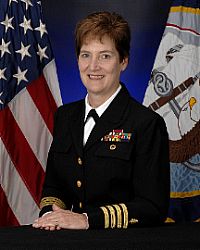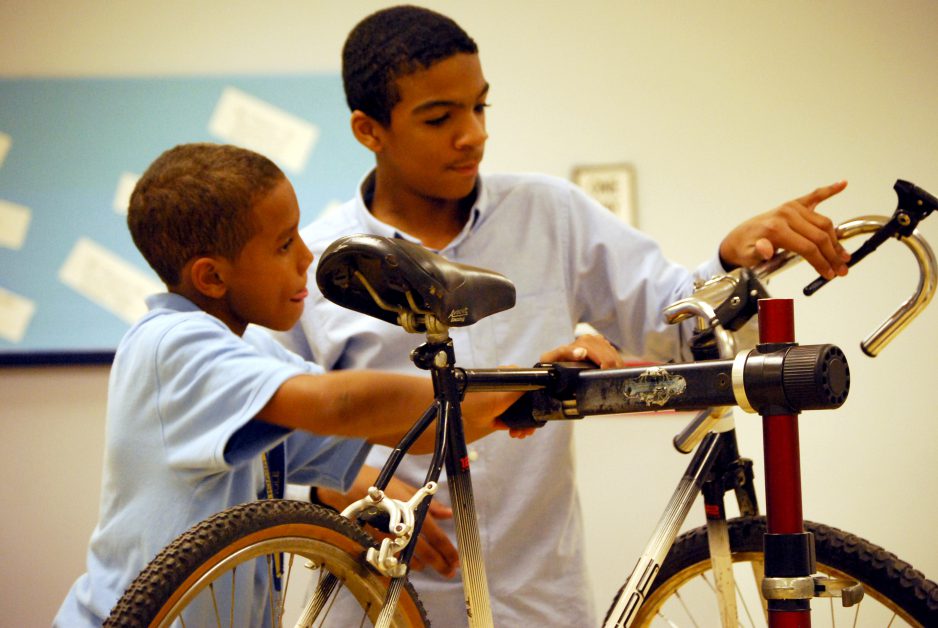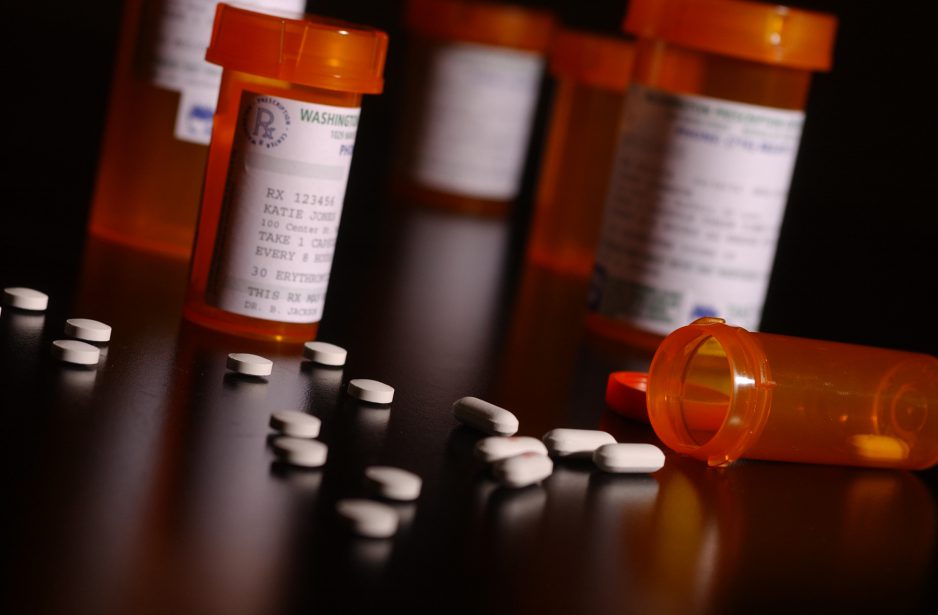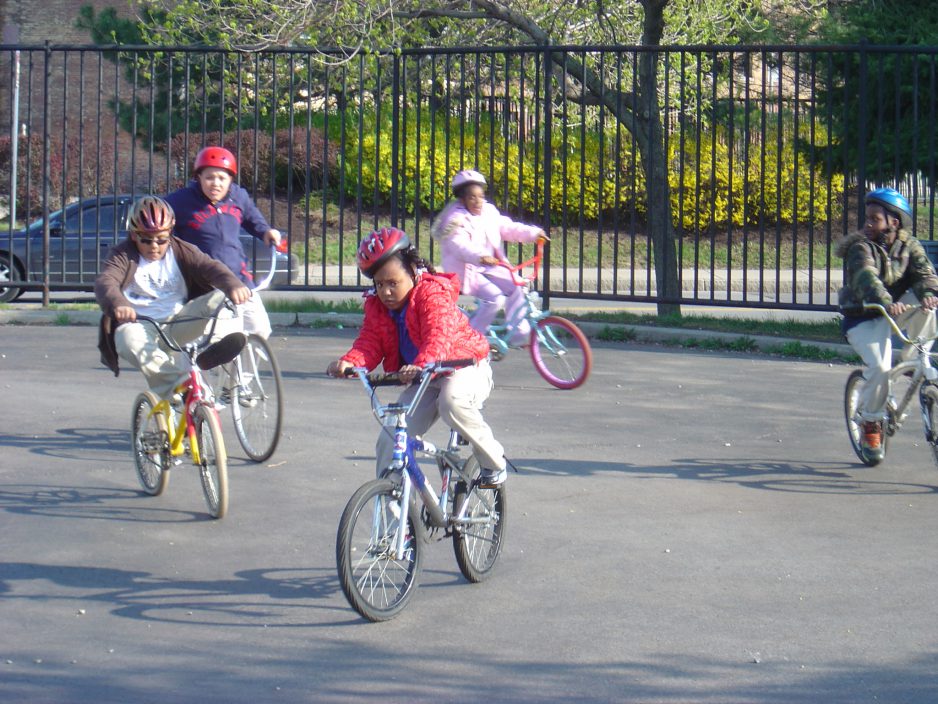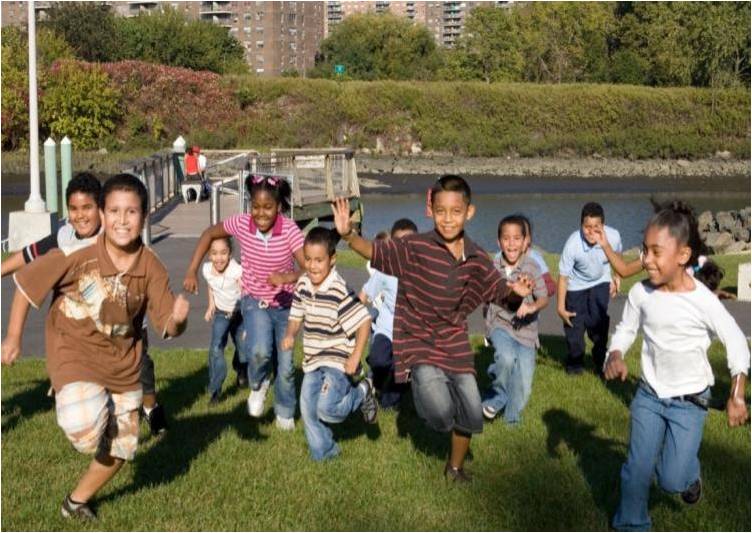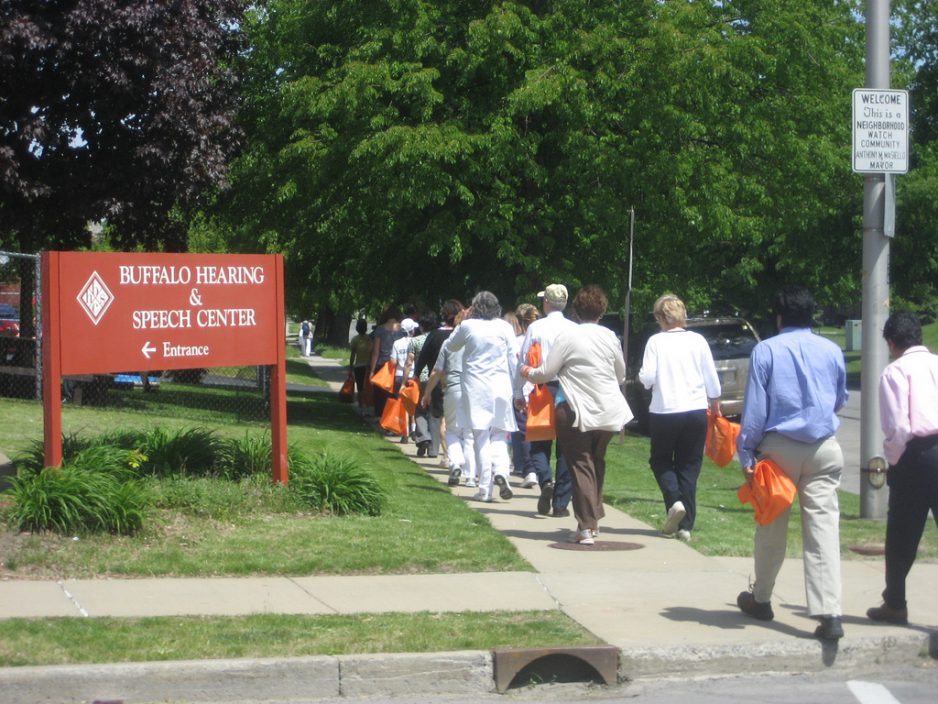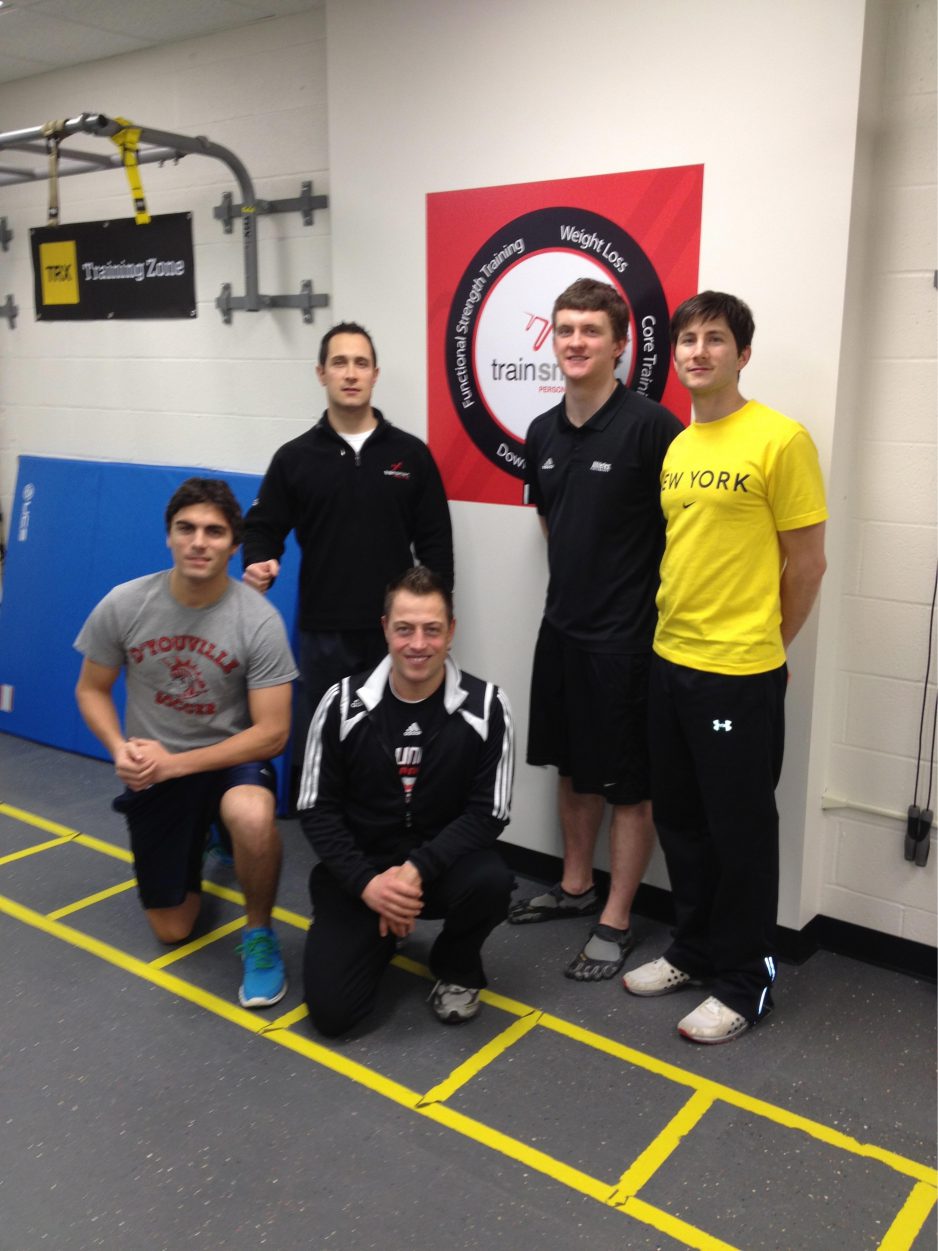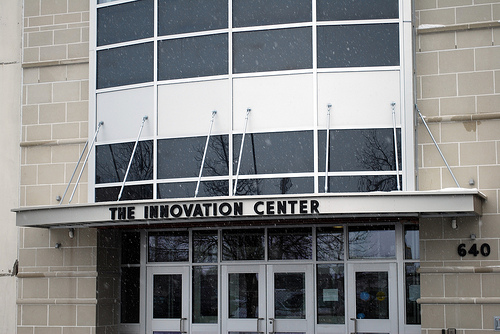For release: September 20, 2012Contact: Sara R. Saldi, saldi@buffalo.edu
University at Buffalo
716-645-4593
RIA Takes the Challenge on Reducing College Student Substance Use
BUFFALO, N.Y. — No longer considered an innocent rite of passage, binge drinking among college students contributes to wp-contentroximately 1,800 deaths and nearly 600,000 injuries each year.
And that’s just alcohol.
The University at Buffalo’s Research Institute on Addictions (RIA), an internationally recognized leader on the subject of substance use and abuse since 1970, is tackling this problem head on.
This fall RIA will offer a three-pronged wp-contentroach to educating students, health care and mental health workers, and college administrators about the dangers, new trends and treatments for reducing substance use and excessive drinking in college kids.
RIA Director, Kenneth Leonard, PhD “Despite strong efforts, excessive alcohol and substance use among college students have not substantially diminished in the past decade. While many colleges have educational programs or referral services, many college administrators are not aware of or have not implemented services that have been shown to be the most effective.
“Therefore, there is a pressing need for a more active and ongoing dialogue among researchers, practitioners and administrators regarding the current state of knowledge about college student drinking and substance use—a dialog that will also benefit parents and their children in college.”
A photo of Leonard is available at: http://www.buffalo.edu/news/13681.
First, the RIA is releasing the fifth in its series of expert summaries, “RIA Reaching Others: College Student Drinking,” a fact sheet describing the dangers of college student drinking, especially binge drinking—the scope of the problem, specific points for parents and the value of prevention.
The fact sheet is available at: http://www.ria.buffalo.edu/ExpertSummaries/ES5.html.
Second, as part of RIA’s Fall 2012 Seminar Series, Mark Wood, PhD, a professor in the Department of Psychology at the University of Rhode Island (URI) and an expert on substance use among college students, will speak on “Individual and Environmental Preventive Intervention to Reduce Collegiate Alcohol Abuse: A Full-Cycle Approach.”
His presentation will be at 10 a.m. Oct. 26 in Room 132 of the RIA building, 1021 Main St. on the Buffalo Niagara Medical Campus. It will be free and open to the public.
For more information on the Wood presentation, visit: http://www.ria.buffalo.edu/events/index.html
Third, RIA is hosting a two-day conference, titled “The Challenge of Reducing College Student Substance Use: A Conversation in the Disciplines,” to take place Nov. 8 and 9 in the Ramada Hotel and Conference Center, 2402 North Forest Road near the Audubon Parkway in Getzville, adjacent to the UB North Campus.
The two-day event will feature alcohol and substance use experts from UB and from across the state. It is sponsored by the Conversations in the Disciplines Program of the State University of New York.
The conference will bring together front-line staff from throughout the SUNY system who grwp-contentle with the real problems of college students’ alcohol and substance use and abuse, and the researchers who seek to develop and evaluate substance-use prevention and intervention strategies. It also will provide an opportunity for participants to present information about their programs and to discuss issues regarding the startup and operation of effective programs.
Even more importantly, however, the conference will explore the potential for developing a multi-campus network of researchers and practitioners across New York State to address excessive college student substance use.
“This will facilitate the development and evaluation of innovative and comprehensive wp-contentroaches to reducing substance use, and provide a communications network that will enhance the efforts of practitioners to offer the most effective strategies for their campuses,” Leonard said.
Information about the conference and how to register are available at http://www.ria.buffalo.edu/CID2012/index.htm

